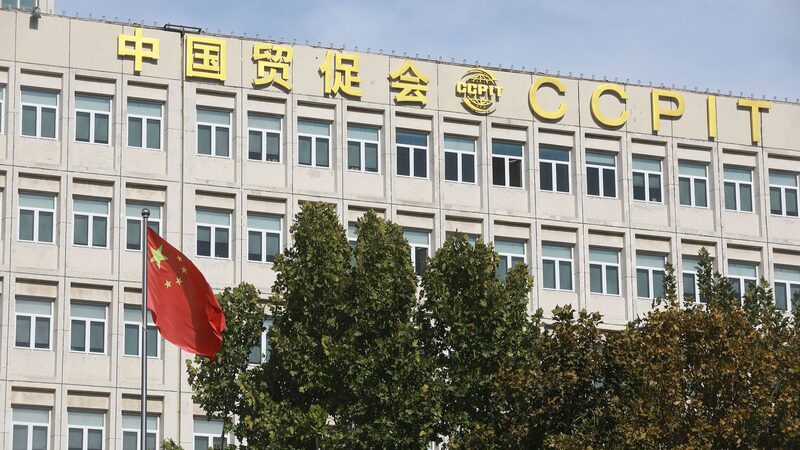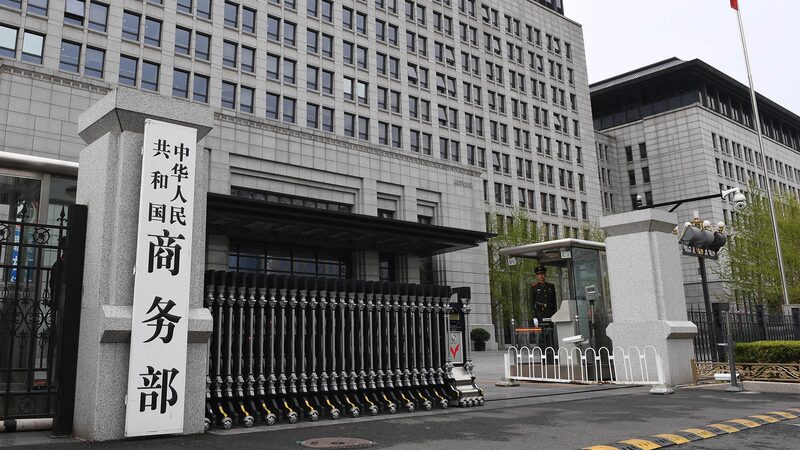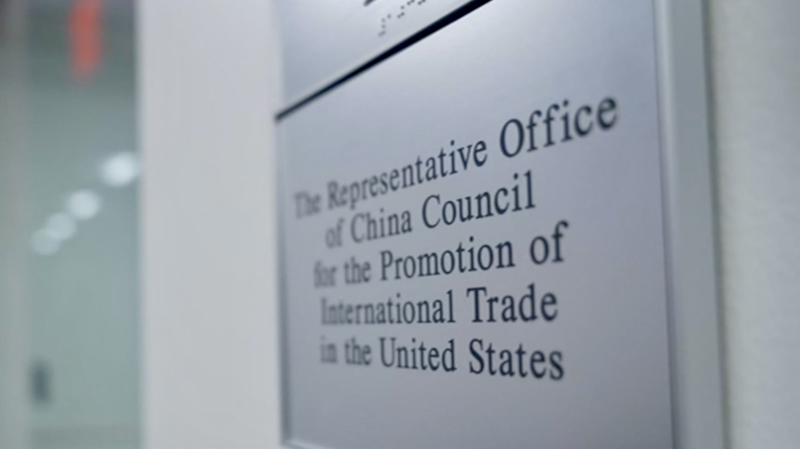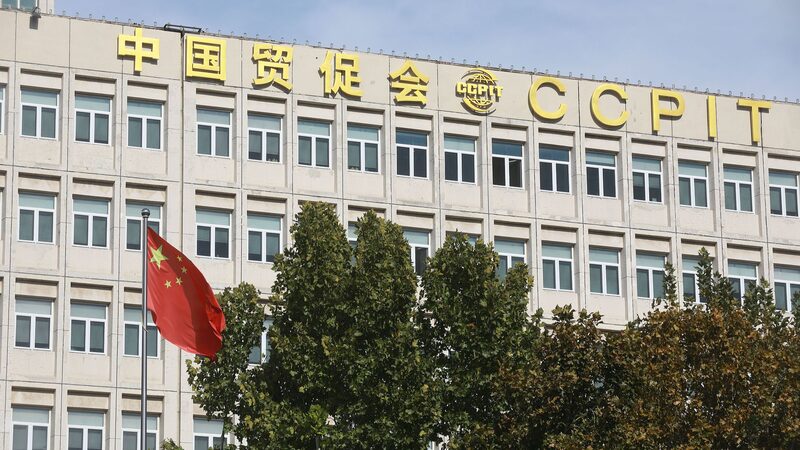The Chinese mainland’s business community has voiced strong opposition to the United States' recent measures aimed at restricting bilateral economic and trade exchanges. The China Council for the Promotion of International Trade (CCPIT) expressed concerns on Monday, highlighting the adverse effects of the U.S. policies on national security and economic cooperation.
A spokesperson for the CCPIT responded to inquiries about the \"America First Investment Policy\" memorandum, emphasizing that the United States is not only limiting investments from China in critical sectors such as technology, infrastructure, healthcare, agriculture, energy, and raw materials through enhanced security reviews but is also employing economic sanctions and financial audits to tighten controls over investments in China.
The spokesperson warned that these measures, if fully implemented, would significantly disrupt normal business operations, undermine the international economic and trade order, and destabilize global industrial and supply chains. The CCPIT urged the U.S. to respect the principles of a market economy and fair competition, clearly define the boundaries of national security in economic and trade domains, and remove restrictions on reciprocal investments between the two nations.
According to the memorandum signed by U.S. President Donald Trump on Saturday, the United States intends to \"use all necessary legal instruments\" to prevent China-affiliated individuals and entities from investing in U.S. sectors deemed strategic, including technology and critical infrastructure. This move has raised alarms within the Chinese business community, which fears long-term repercussions for Sino-American economic relations.
The CCPIT called for the creation of a favorable environment that fosters mutually beneficial and win-win cooperation between the business communities of the Chinese mainland and the United States, underscoring the importance of maintaining stable and secure global supply chains.
Reference(s):
China slams U.S. restrictions on bilateral trade, investment
cgtn.com







